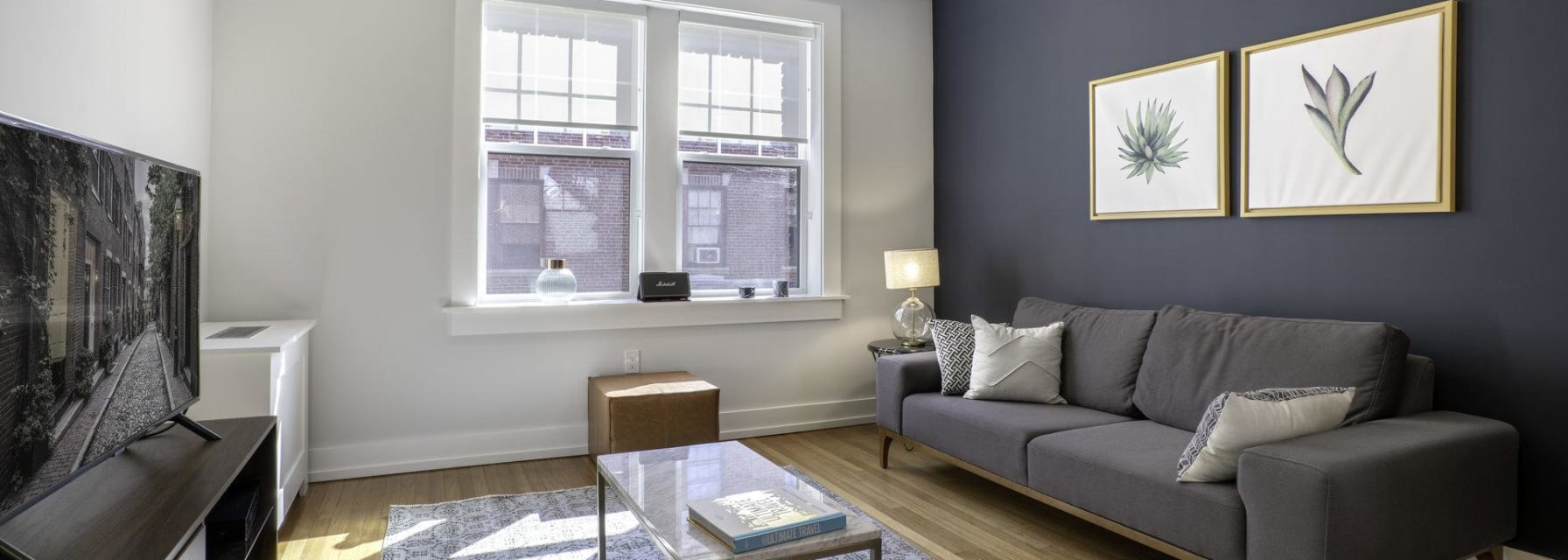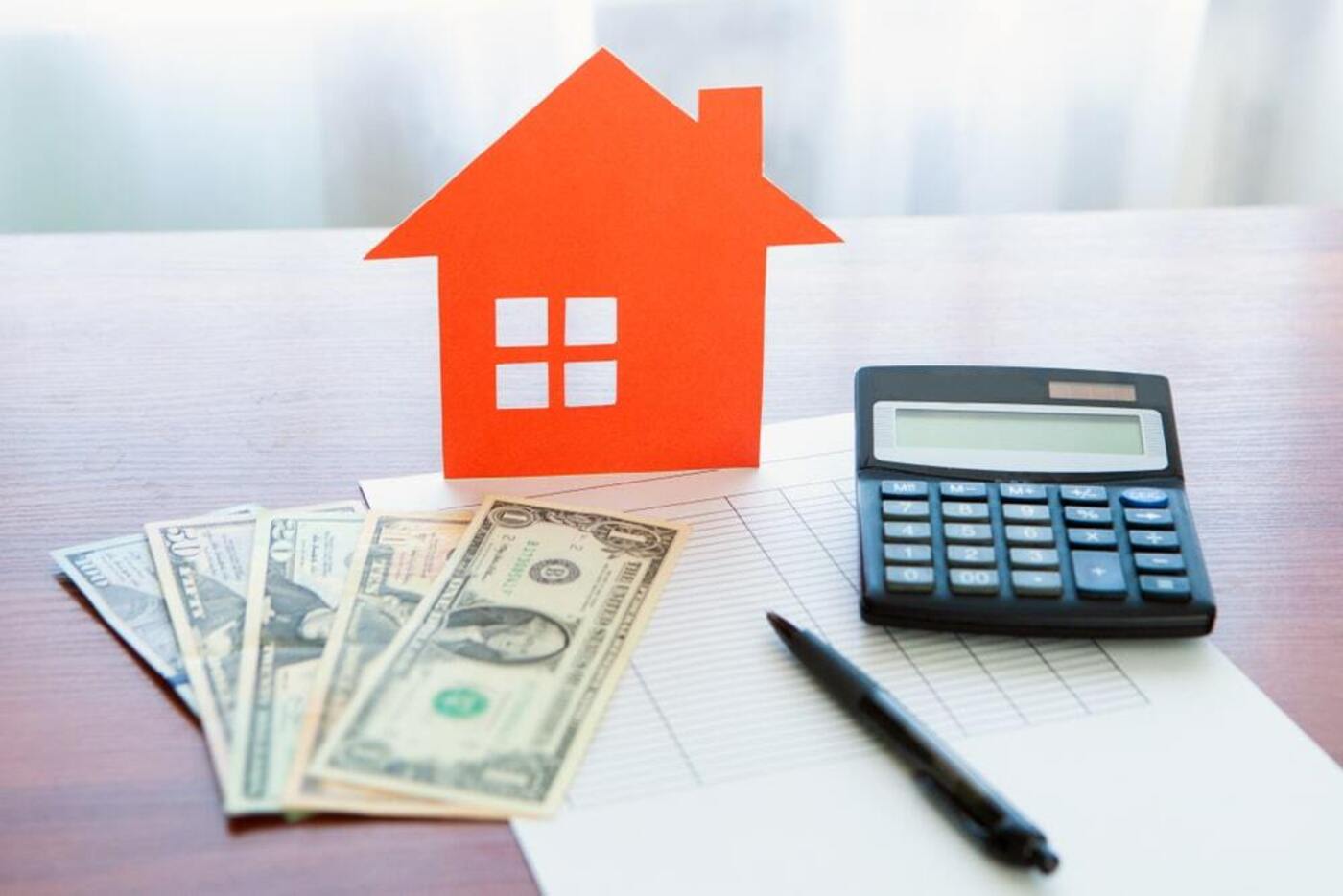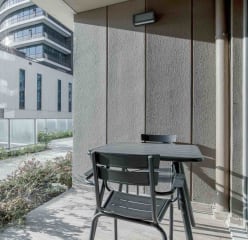6 key questions to ask before renting an apartment
Planning to move soon? Make sure to ask these 6 key questions before signing a lease for an apartment. This will ensure your move-in is easier

You can have numerous questions to ask when renting an apartment. We’ll cover some suggestions for where to begin when searching for the perfect place.
Let us help guide you! There are probably some questions that come to mind right away, such as ‘What are the lease terms?’ and ‘What is your pet policy?’.
But that shouldn’t be it. There are some other crucial things you need answers about before signing a lease, renting a space, and moving in.
Arm yourself with these five questions to log the pragmatic points about a potential home before your emotions take over.
Must-ask questions for apartment hunting:
- Is the rent cost-controlled?
- What is the total cost to move in?
- Which utility costs are renters responsible for?
- Am I responsible for appliance breakdowns?
- Can I make changes to the apartment?
Knowing the right questions to ask is half the battle! Phrasing things in the best possible way gets you the information that you need, and it shows your landlord that you’ve done your research and would be a reliable tenant.
Is the rent cost-controlled?
Whether or not a unit is cost-controlled is absolutely one of the first questions to ask when renting an apartment. Many enter into agreements assuming that the rent will remain indefinitely fixed at the initial rental rate.
This is seldom the case, as many landlords and property companies escalate the rent by 10-20% (or more) after the initial agreement expires.
This figure won’t be a problem for some.
Others, such as students or temps on a project with an indeterminate and awkward length of time, maybe put into the unpalatable position of having to sign a second, unwieldy lease.
If someone has to leave shortly into the second lease, there could be considerable sub-leasing or early termination fees.
Above all, it’s important to know what the cost could be after the initial 6-12 month term, even if the renter only plans on being in a rental property for a relatively short time period.
This is not information that landlords are likely to volunteer, so it’s crucial to get concrete numbers on potential rent increases early on.
What is the total cost to move in?
Most anticipate that move-in costs are equal to one-to-two months’ rent, plus a security deposit or perhaps a third share equal to the monthly rent figure.
Keep in mind that many developments and landlords have a handful of extra expenses.
For instance, HOA, water, trash services, application fees, pet fees, etc.

All of these fees, combined with the rent charges and security deposit, can quickly put a strain on a young professional’s budget. Long before committing to an apartment, a renter should investigate the potential fees that could occur during the move-in process.
Which utility costs are renters responsible for?
Another important question to ask when renting an apartment is, which utilities will be covered by the landlord or development? Which ones are the responsibility of the renter?
This information will significantly impact a tenant’s monthly budget. It also serves as an incentive to pick a particular property.
As previously mentioned, many landlords and apartment complex managers add smaller utilities such as water or trash removal to the monthly rent.
Some will include free WiFi service as part of the amenities package. This inclusion is significant, possibly saving renters even $50 per month or more in internet charges.
When it comes to cities with extreme temperatures, it’s a good idea to get an estimate of average heating or electric costs from the landlord beforehand.
Someone renting in New York City should inquire about what the prior tenant paid for heating or electricity during December and January, or perhaps get a cost estimate from a similar-sized unit in the same building. The opposite would apply to renters looking for apartments in cities such as Miami or Los Angeles.
You’ll have to ask your landlord, what is the average cost of running the air conditioning during the summer months.
If the landlord or property manager refuses to divulge this information, it’s usually a red flag. Potential tenants should contact local utility companies to get an idea of what it might cost if the landlord doesn’t provide utility cost information in a timely manner.
Am I responsible for appliance breakdowns?
Just to be safe, a renter should also find out if the tenant is responsible for breakdowns to air conditioning or heating units.
On top of that, find out how timely a landlord will be repairing these units. Spending weeks in sweltering heat due to a broken air conditioner is no way to spend the first summer in a new city.

Image by zinkevych on Freepik
In any event, the best thing is for a renter to know which utilities are their responsibility, and which are added to the monthly rental cost. This could have a strong bearing on a renter’s decision to choose a particular apartment.
Can I make changes to the apartment?
Lastly, one of the smartest questions to ask when renting an apartment is, what changes a tenant is allowed to make? Naturally, this will vary a great deal from location to location.
Obviously, renters that are staying in a new city temporarily aren’t able to make major changes to an apartment.
However, people with longer and more flexible timelines may want to personalize their apartments by decorating or repainting. It’s important to know early on which changes are permissible, and which ones will violate the lease.
Perhaps you’re naturally artistic or just want to personalize a rental unit. Make sure to discuss the type of changes that you want to make with the landlord or property manager. This is something to discuss in the preliminary stages of apartment hunting.
You definitely don’t want to put this off until after you’ve already signed a year-long lease.
Before moving in your belongings, be sure to inspect and photograph the current state of the apartment in case you are later held liable for any damages or unpredicted changes.
When it comes to the move-out inspection, you’ll have photographic evidence of the state in which you received the unit.

Consider a furnished apartment
Renters who are eager to avoid classic complications can shorten their rental checklists by renting a furnished apartment. This approach removes a lot of the potential headaches of finding and moving into the perfect apartment.
Furthermore, it helps people to budget more easily. People who work remotely will have their own checklist of considerations beyond moving.
Temps and roamers will also want to investigate options for renters insurance.

People working on mid to long-term projects should consider Blueground. All of the apartments are move-in ready, which includes having the utilities hooked up for you!
This takes a lot of the hassle out of the rental process.
Moreover, through the Blueground Guest App, a handy neighborhood guide is provided, in addition to cleaning and maintenance services, and guest support.








